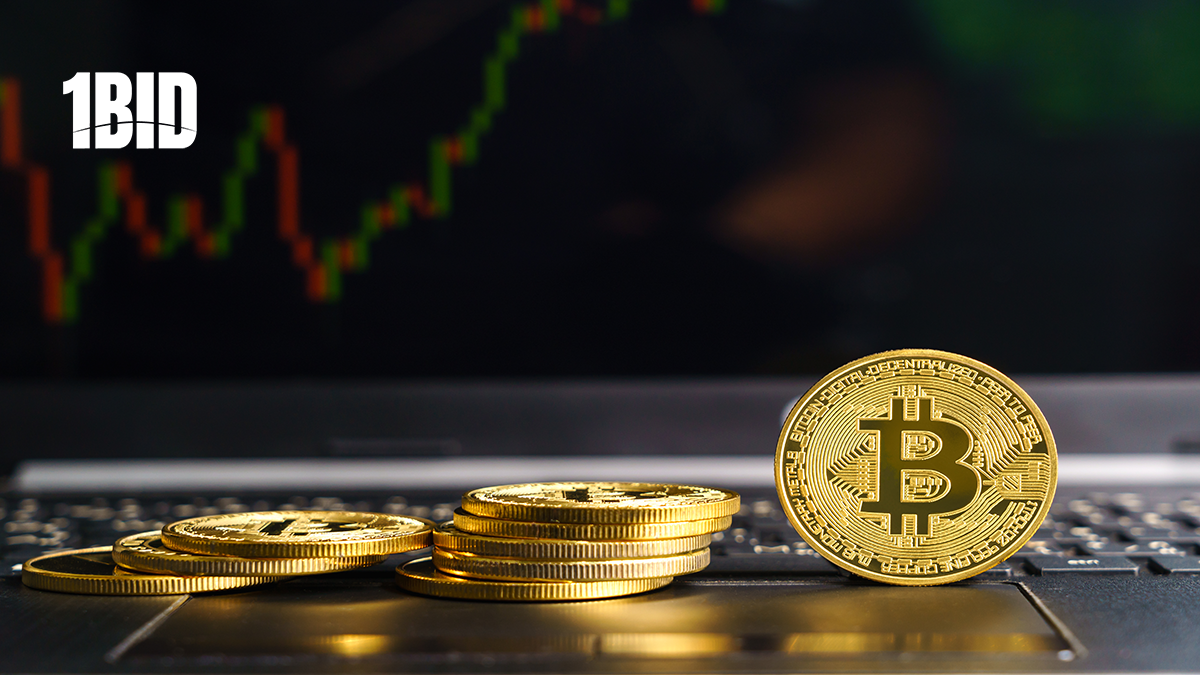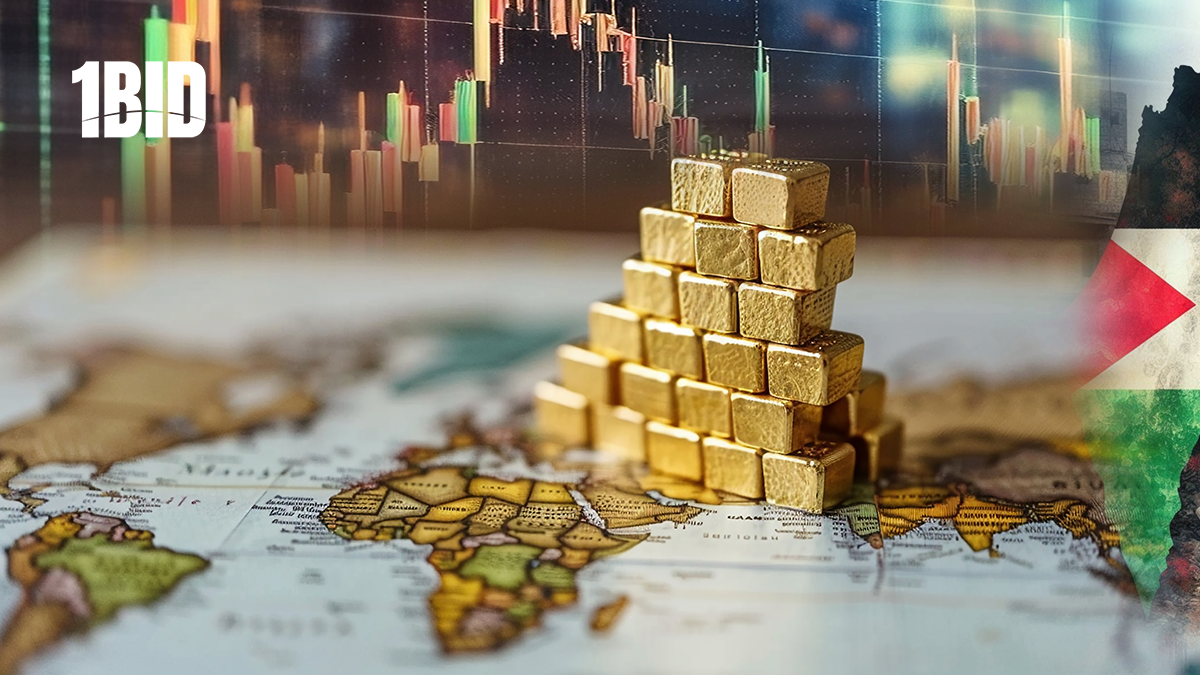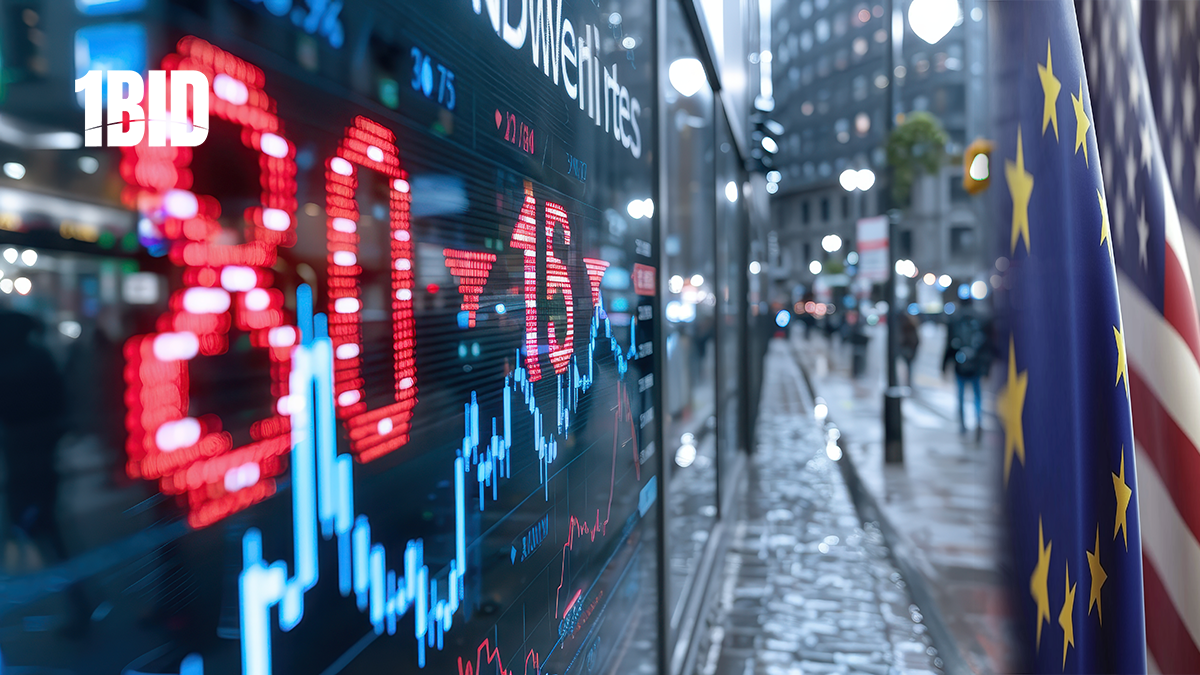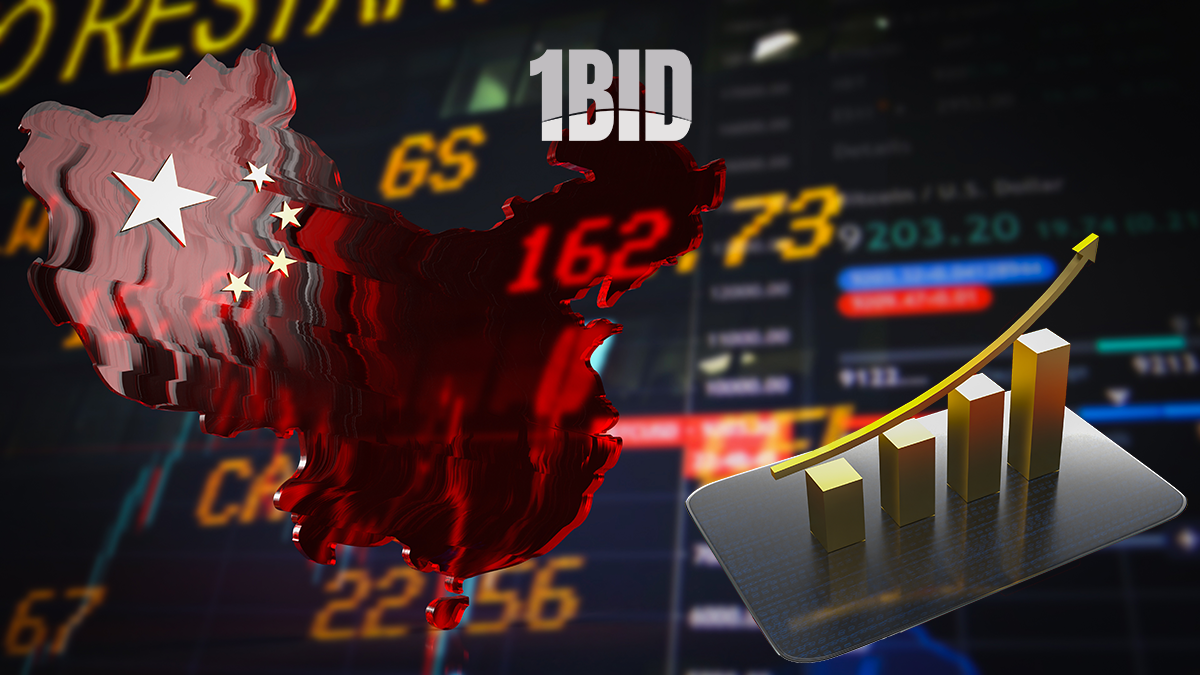Due to the sharp and very strong level of inflation, all developed economic countries began to increase interest rates on credit and deposit money. In such conditions, it is expensive for the manufacturer to borrow money, and it is beneficial for the consumer to save money in bank accounts and not spend it due to high prices for goods, real estate and services. The financial leverage of interest rates for the regulator has always been very effective in the fight against inflation, but there are two sides to the coin. Firstly, banks are losing profits and expensive loans, and secondly, the number of defaults is growing, which can lead to financial default if a middle ground is not found in time.
Eurozone banks’ balance sheets are showing “the first signs of stress” following a rise in loan defaults and late payments that were previously at historic lows. This is stated in the November financial stability review, which the European regulator publishes twice a year.
According to the ECB, credit institutions should increase reserves to cover growing loan losses. In addition, the regulator predicts that bank profits will suffer due to a decrease in lending volumes and an increase in funding costs. Over the past year, the ECB has raised interest rates by an unprecedented 4.5 percentage points and, most likely, this will peak at a level at which it is necessary to stop or turn on the printing press and cover losses with candy wrappers.








